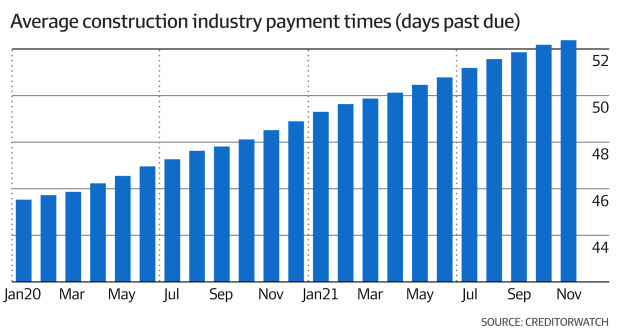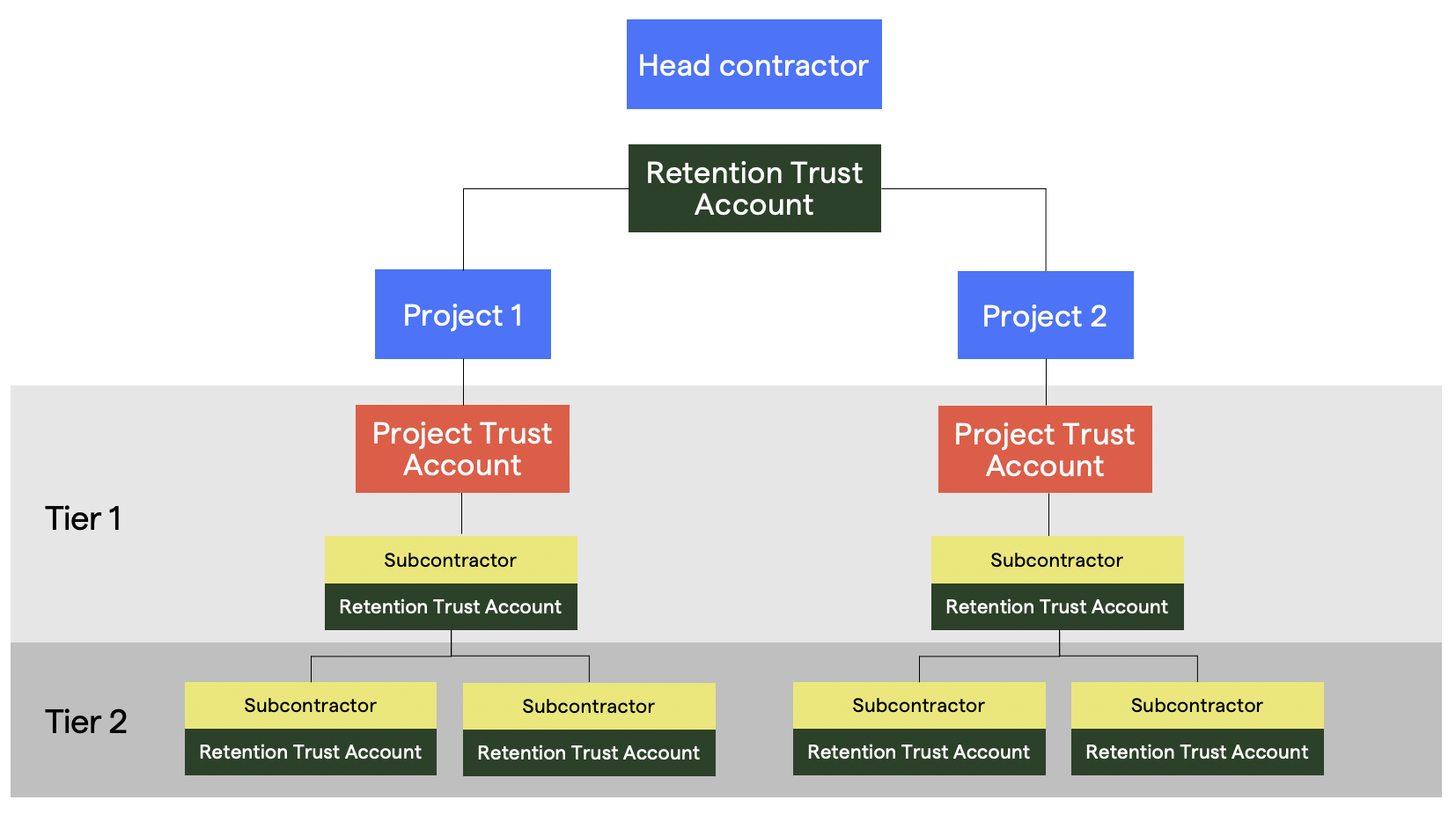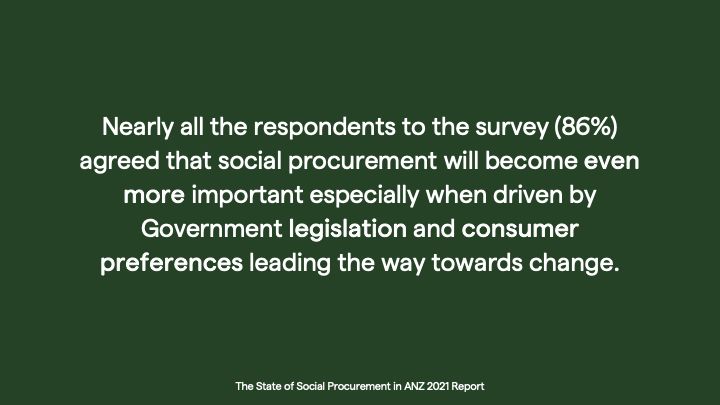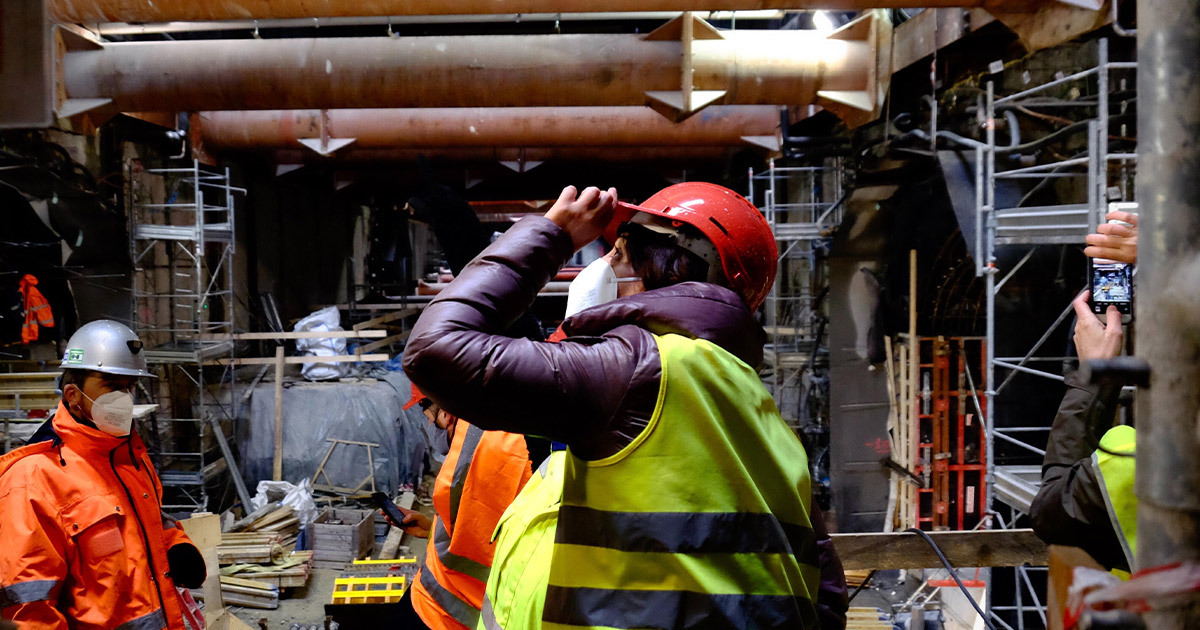Legal and ethical compliance management comes at a cost. But what about the cost of non-compliance? When your construction supply chain is effectively your third-party vendors and subcontractors, their awareness of and adherence to the rules can be make-or-break.
Let’s review some of the most prominent movements in terms of policies, legislations or expectations that can affect your third-party vendor management in 2022.
Industrial manslaughter laws
Previously, we have written about the first prosecution under Queensland’s industrial manslaughter laws. Since then, there have been movements from various states, all in the direction of toughening up the rules.
ACT recently amended its industrial manslaughter laws and upgraded the maximum penalties to 20 years’ imprisonment for individuals and $16.5M fines for corporations (more than 10 times the previous maximum penalty).
The scope of liability has also been broadened to include the death of a member of the public, a sub-contractor, visitor or employee of another employer.
WA has enacted the Work Health and Safety Act 2020 (WA), which will introduce an industrial manslaughter offence. This law is expected to come into effect in early 2022.
Currently, there are a few states without an active piece of legislation specifically for industrial manslaughter. However, most of them have something in the works:
- SA: Industrial Manslaughter Amendment Bill 2020 currently progressing
- NSW: Work Health and Safety Amendment (Industrial Manslaughter) Bill 2021 currently progressing
With all the changes happening, 45% of organisations have not made adequate changes in preparation.
> Clarify who in your organisation could be held accountable. Re-examine current processes to ensure both on-site safety and that only prequalified subcontractors are meant to be there.
Security of payment
A host of new legislations have been introduced to improve the flow of cash throughout the industry. This is against the backdrop of dragging payment timelines and cost pressures on the whole supply chain.

In Queensland:
The new trust account framework commenced in March this year, as part of the Building Industry Fairness (Security of Payment) and Other Legislation Amendment Act 2020 (BIFOLA).
In short, head contractors will need to open:
- One Project Trust Account (PTA) per eligible project
- Only one Retention Trust Account (RTA) per head contractor
You can use this interactive tool to figure out whether your contract requires a PTA.

Under the phased rollout, the new project and retention trust account regimes will eventually apply to most participants in the building and construction industry by Jan 2023. The diagram above shows an example of how it would work once the full implementation is complete.
In Western Australia
The Building and Construction Industry (Security of Payment) Act 2021 (WA) received Royal Asset in June this year, with a three-stage rollout plan commencing next year. There are some shared similarities with QLD regarding the Retention Trust Scheme, however in stage 3, the threshold is expected to be lowered to contracts over $20K (compared to QLD’s $1M threshold).
Ethics and sustainability related policies
There has been an increasing focus on Environmental, Social and Governance (ESG) factors from society in general, which translates into investors’ expectations.
Gender equality
The Victorian Government rolled out the nation’s first policy that mandates female representation in government projects. Under the Building Equality Policy (BEP) commencing in January 2022, the quotas are 3% of each trade role, 7% of each non-trade position and 35% of management, supervisor, and specialist labour roles.
Net zero infrastructure
The infrastructure sector – which influences around 70% of Australia’s annual emissions - is facing increasing pressure in preparation for a net zero future:
- The Government’s commitment to net zero emissions by 2050, in line with the Paris Climate Agreement
- Demands from investors and insurers to “future-proof the economic value and returns of infrastructure assets”
There are opportunities to prioritise emissions reductions at each project phase.
|
Infrastructure project phase |
Key question |
Potential opportunities |
|
Strategic planning |
Do we need to build this? |
|
|
Project initiation, development, and procurement |
How do we build less? |
|
|
Design and construction |
How do we build efficiently? |
|
|
Operations and maintenance |
Have we hit our objectives? |
|
Proposed changes to the NSW Modern Slavery Act
We have written about what the Federal Act entails here.
In the latest update, the NSW Modern Slavery Act may commence as early as 1 January 2022. Although the $50M revenue threshold has been increased, and commercial organisations are no longer required to report, the intention is to minimise red tape and avoid doubling up with the Federal Act.
That said, the NSW Government has previously urged the Commonwealth to reduce the $100M reporting threshold to $50M, which is likely going to be discussed in the statutory review in 2022. The different stances on penalties may also be brought up.
In our recent research, we surveyed industry participants on their awareness as well as the perception of their subcontractors’ knowledge of a range of policies, including modern slavery. Want to know the results? Grab your copy of "Building in The Dark"
Increasing targets for Indigenous procurement
In 2019, we noted the Federal Government expanded the Indigenous Procurement to increase the number of high value contracts won by Indigenous businesses.
Keeping with the momentum, state governments such as NSW and WA have also recently introduced regulatory changes:
- NSW: the state’s new Aboriginal Procurement Policy commenced in Jan this year, with annual audits as a method of governance
- WA: increased targets following the extension of the Aboriginal Procurement Policy for a further 3 years
Social procurement’s importance on the rise
Following Victoria’s Social Procurement Framework introduced in 2018, WA’s equivalent came into effect in June this year. Various state governments have partnered with national certifier Social Traders, as well as encouraged buying from social enterprises through formal forms of documentation.
With so much happening in the same direction, it wouldn’t come as a surprise if further down the track, mandated quotas are set.
In the report titled "The state of Social Procurement in ANZ 2021", the top services benefitting from social procurement are construction, cleaning & facility management.

As a side development, Standards Australia is working on an Australian-first handbook on measuring social value. The aim is to help decision makers ensure “their approach to social value measurement is fit-for-purpose.”
Again, this would help strengthen and inform decisions around procurement in the future.
Using tech as vendor compliance management solutions
With so much information and data points to capture throughout the vendor relationship lifecycle, it can be overwhelming using manual tools and spreadsheets to manage legal and ethical compliance of all your vendors.
Especially when there are new policies kicking in, all of sudden, your team needs to dig up supplier information, compliance documents and so on, and THEN restarting the whole process of capturing new information.
That is where vendor management systems come into play. It ensures:
- A single source of truth of up-to-date vendor information, including regulatory compliance requirements
Tailored prequalification and onboarding processes based on suppliers’ risk to your business
- Streamlined methods of capturing extra compliance information to incorporate new policies (e.g. ESG)
- Automated alerts to ensure everyone is on top of document expiry dates
- Shared performance evaluation and scoring enterprise-wide to close the feedback loop
- Audit trails for extra governance assurance
Interested in finding out about how Felix can help your organisation with compliance management through 2022 and beyond? Get in touch today!

Recent Articles
Buy vs build procurement software: Six key factors to consider before you decide
When it comes to procurement solutions, we are finding today that some organisations are at a crossroads: should they build a custom solution in-house or buy a ready-made platform that’s already proven in market? This decision matters most in a world where supply chains are complex, compliance demands are rising, and inefficient manual processes are no longer competitive.
Supplier Relationship Management: Top 10 Do's and Don'ts.
Supplier relationship management (SRM) is the backbone of a resilient supply chain. When procurement teams manage suppliers effectively, they reduce risk, improve performance, and streamline delivery across large project environments. Whether you are modernising your vendor management system or replacing manual spreadsheets, these essential do's and don'ts will help you strengthen your SRM strategy.
2025 in review: Milestones, insights and achievements
2025 – a year of that brought meaningful developments for Felix as we continue to address the evolving needs of organisations navigating complex supply-chain environments.
Let's stay in touch
Get the monthly dose of supply chain, procurement and technology insights with the Felix newsletter.







